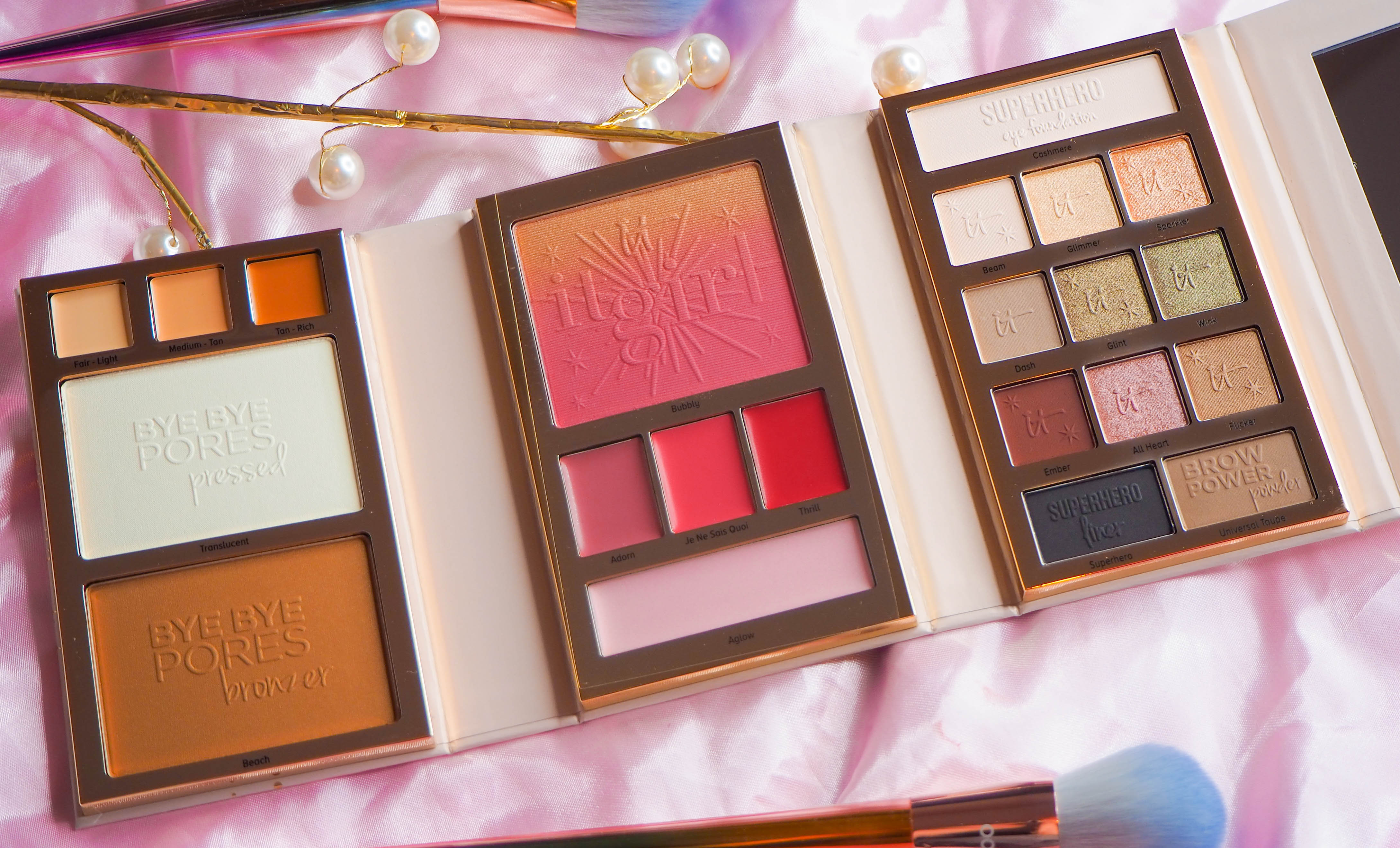

Again, makes me think this is all an advert. The use of the marketing language with all its made up words and “patented” is also extremely irritating and off-putting because those terms are meaningless and unscientific (describing something as patented is used to imply quality and effectiveness, when all it means is that someone has a patent on it- it might still be sh*t). I know expensive is relative but £60 for a face cream in a jar you use twice daily? Considering that’s a family weekly shopping bill for some people, might be a stretch for most (Sunday Riley’s Tidal is very nice though *_*). However, many of the products are expensive, which is fine if you can afford but it was disappointing that the ratio of inexpensive-effective to expensive-effective, was heavily weighted towards the latter. The author experienced problems common to darker-skinned people and there is good evidence about the use of vitamin C, sunscreens, retinols and hydrators helping to improve the appearance of skin. Skincare: if you don’t already have a set of products which addresses your concerns, this book may be helpful to you in finding them. I imagined this book being the sort of thing I would have saved my pin money to buy as a teenager/student, then become disappointed that virtually nothing in the book would have been within my financial reach. As a beauty editor, the author admits to being sent a lot of products to try for free.

The product recommendations are generally fairly new ones, mostly luxury products and I wonder how much is advertisement. The book I think represents the author’s views on beauty products: it must look nice in its presentation as well as being useful, and that the price is of little matter. I wanted to buy the book to show “support” that people were interested in this matter and that, trivial as beauty may seem to many others, for some women it is a very important part of the ritual of self-preservation, of getting ready to go out there and take on the world. I read an article (advert) in the Guardian about it. It's a bit like going shopping with your very beauty savvy best friend who happens to have a wicked sense of humour' LISA ELDRIDGE 'Warm, witty and welcoming' GAL-DEMĪdmittedly, I don’t buy or read Vogue magazine so I had no idea about the author’s writing style. This woman really knows her stuff and delivers it in such warm and chatty way. 'If anyone is going to decode beauty's most inclusive and brilliant products, it should be Funmi. Following on from her career in journalism where she has extended the beauty conversation in publications such as the Observer - for whom she writes a weekly column - and written in an honest, elegant and engaging style, Fetto covers all the hair, skincare, makeup and body products available today which really work for women of colour. Essential reading ' EDWARD ENNINFUL The idea for Palette came to Vogue Contributing Beauty Editor Funmi Fetto after years of being asked by friends, family and strangers on the street for advice on products suitable for women of colour, who often find themselves excluded from mainstream beauty coverage. Read for the tips, ogle for the illustrations' ELLE 'The beauty bible we've all been dreaming of ' BUSTLE 'Dedicated to women of colour, but one that we all can learn from' CAROLINE HIRONS 'A sophisticated and timeless book' STRATEGIST AS FEATURED IN GLAMOUR, METRO, DAILY TELEGRAPH AND OBSERVER AN INDEPENDENT SELECTION FOR AUTUMN 2019 A GRAZIA BEAUTY BOOK CLUB PICK ' This ground-breaking, first-of-its-kind book is not only destined to become the beauty bible for women of colour everywhere, it is also a significant, relevant and influential voice in the conversation around inclusivity. Fetto delves deep into her knowledge of the ultimate make-up and skincare essentials for women of colour.


 0 kommentar(er)
0 kommentar(er)
